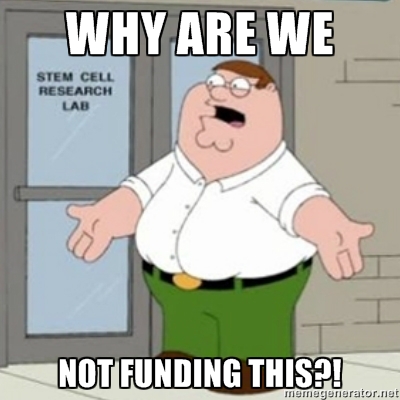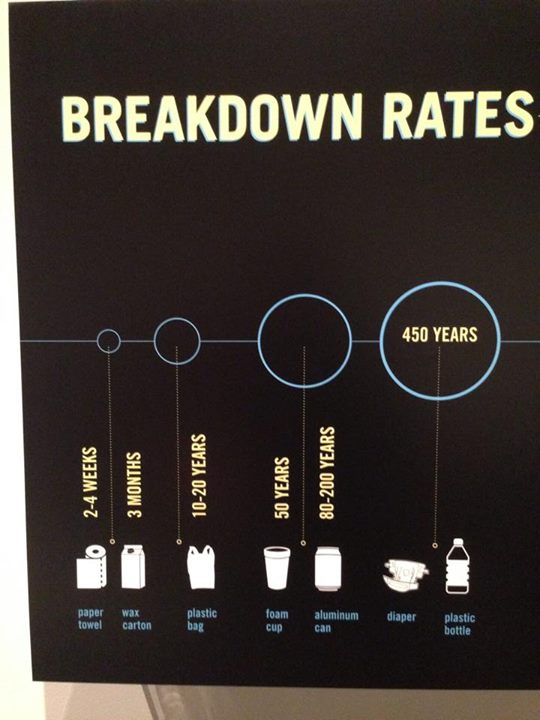Awesome Reverse Vending Machine Accepts Recyclable Items As Payment
By:
No one doubts the importance of ecological sustainability, but it still proves to be difficult to motivate people to take the necessary steps toward reducing, reusing and recycling. Dubbed the '3 R's of Sustainability,' these rules intend to encourage us to reduce both the amount of energy we use and the amount of waste we generate, reuse materials and recycle products. However, this snappy saying is not enough to initiate actions and both businesses are governments are embracing innovative ideas to encourage sustainability.
In China - notorious for its pollution problem - the recycling company Incom has set up vending machines with a sustainability twist. Instead of exchanging money for a product, these machines allow people to trade in a recyclable item, such as a soda or water bottle, for a transit pass or mobile phone credit. Due to the program's success since it started in 2012, the company is expanding its reach from 10 machines located in Beijing subway stations to 100 machines. Australia has followed suit, with Sydney's Envirobanks, which allow people to receive different prizes, such as bus passes or food truck vouchers, in exchange for recycling bottles and cans.
In the U.S., entrepreneurs are taking on the sustainability problem as well. With 55% of Millenials believing businesses could do more when it comes to climate change and 56% wanting the business sector to address resource scarcity, it makes sense why new startups would be headed in a more sustainability-focused direction. This year's fourth annual Cleanweb Hackathon gave 70 innovators the challenge to create apps designed to encourage people to conserve energy. The winning ideas included an app called 'LightsOut' which allows users to photograph and geotag energy conservation efforts and a 'MapMyEnergy' app which listed real estate properties based on their energy efficiency practices. Although these apps are not a reality as of yet, hopefully the attention and prize money from the event will allow startups to further pursue these ideas.

A new zero-waste grocery store in Berlin, Germany, is also causing a stir in the sustainability world. Called Original Unverpack, this new store does not stock any products wrapped or stored in disposable products. This startup venture - which was made possible by a crowdfunding campaign- is aimed at mass market consumers and will be Germany's first waste-free supermarket.
These innovative ideas will hopefully only be the start of more creative ideas aimed at increasing sustainability worldwide.

